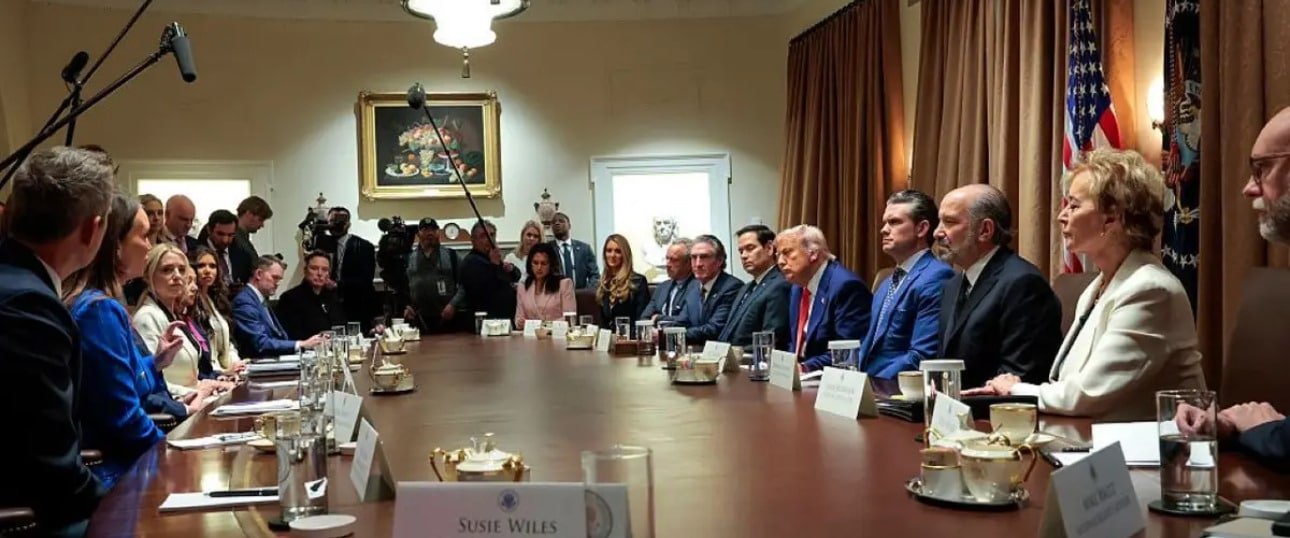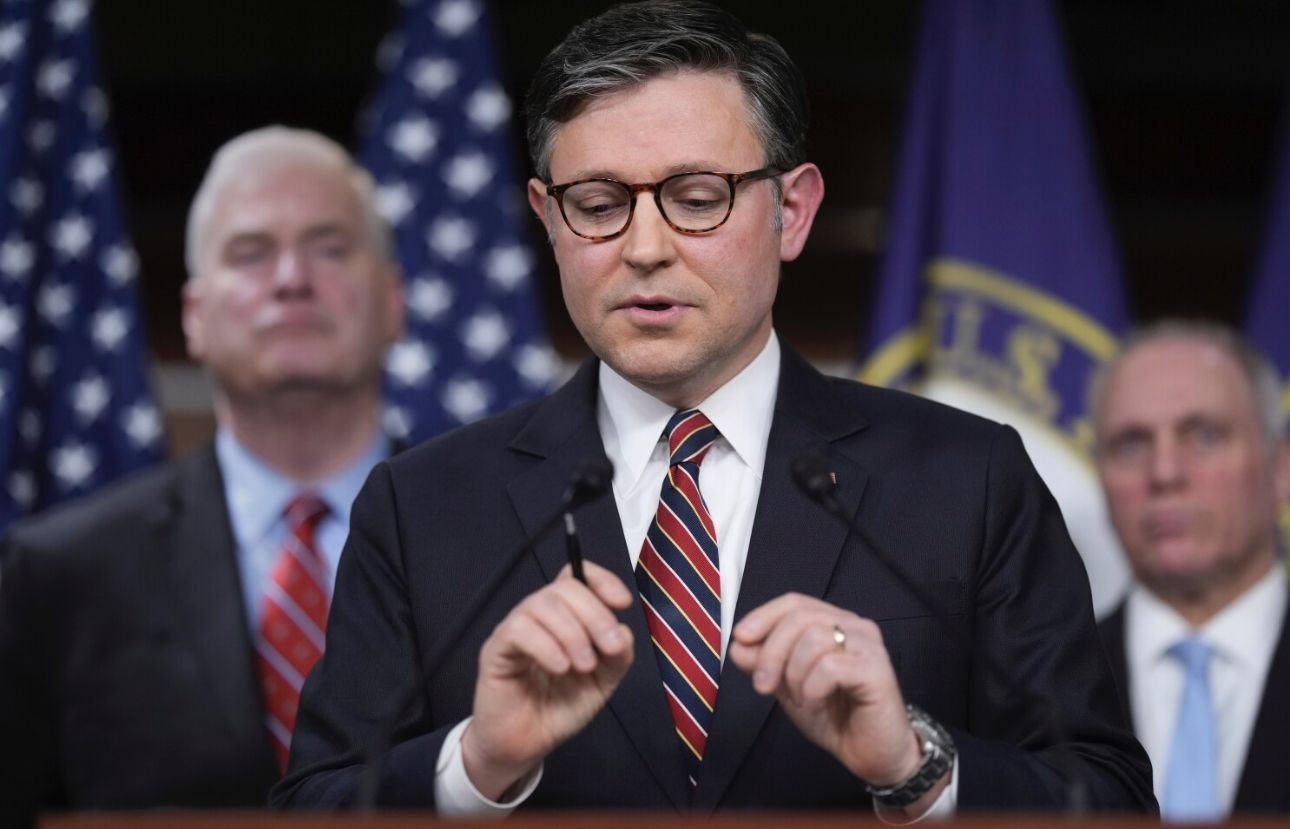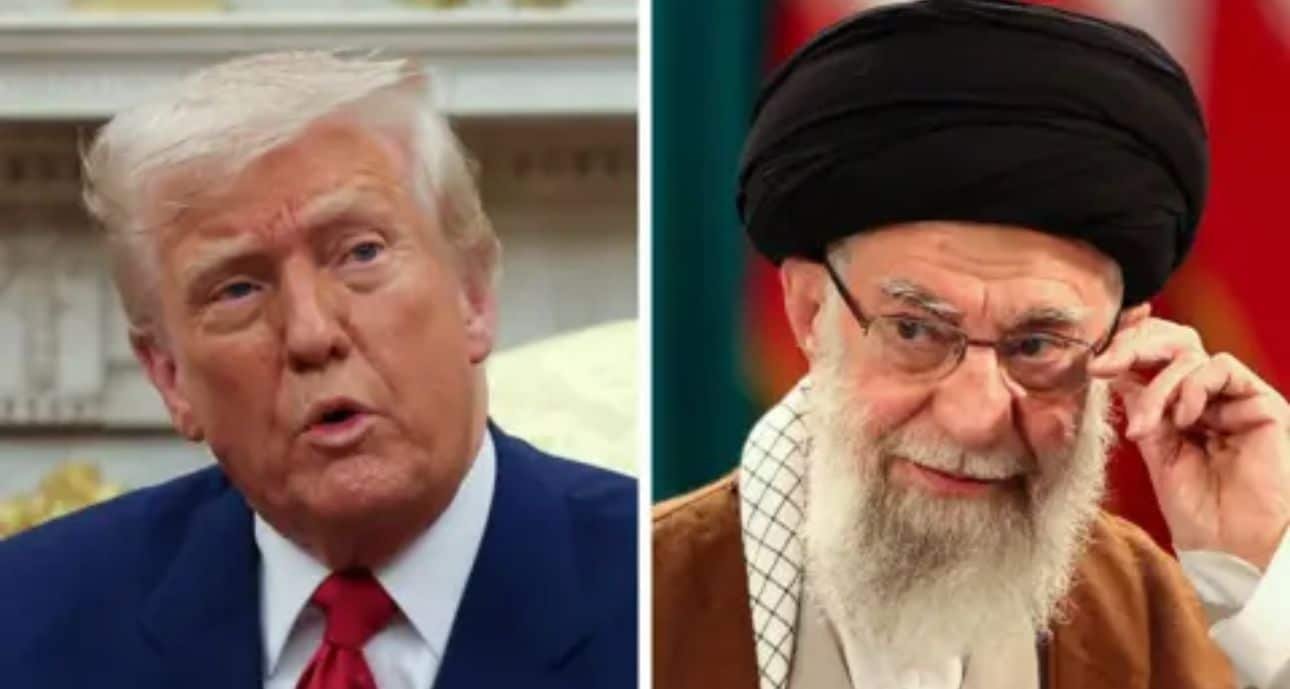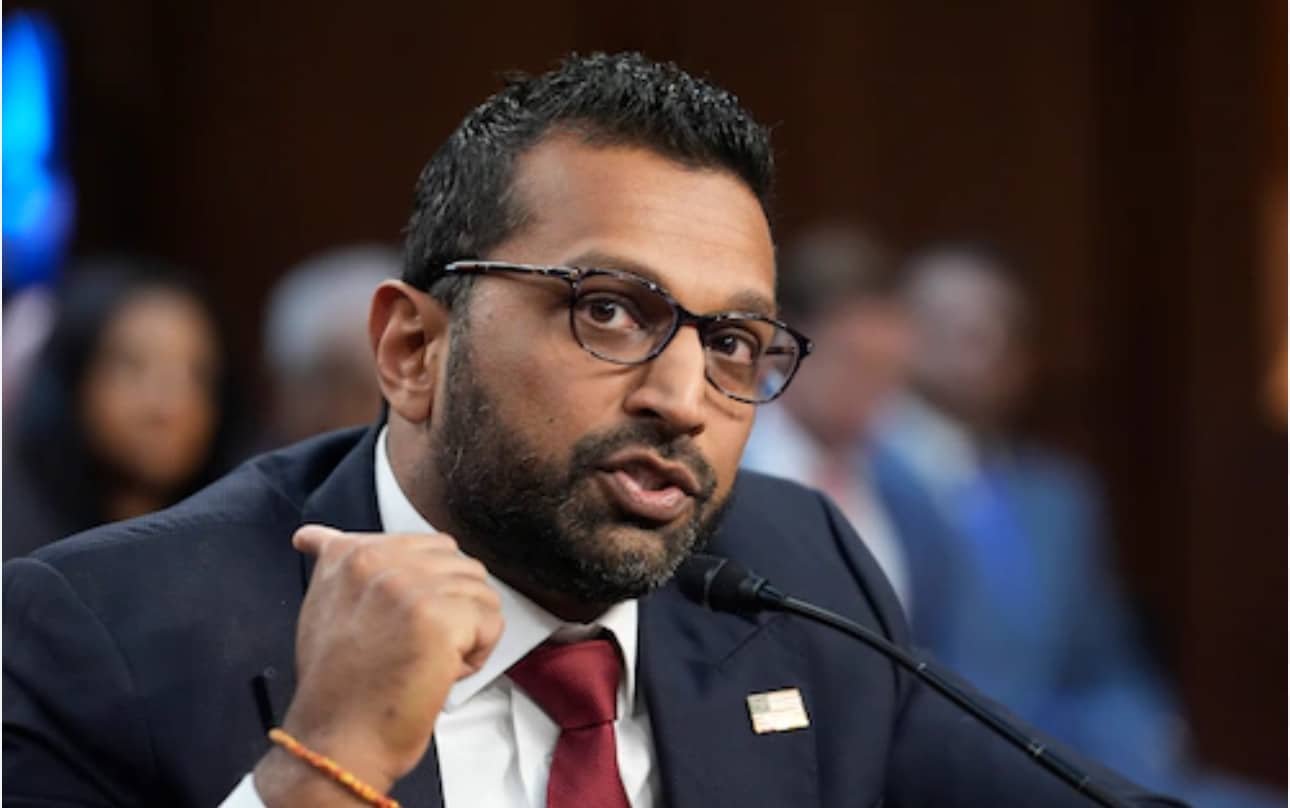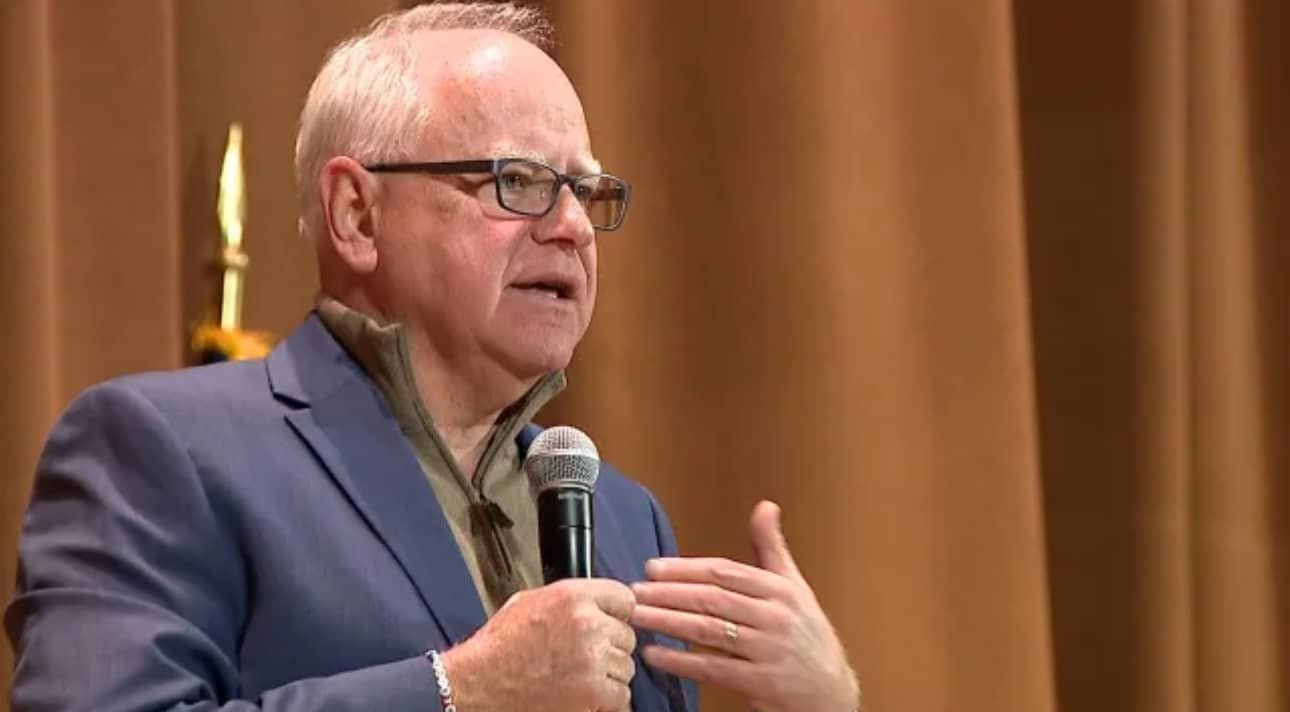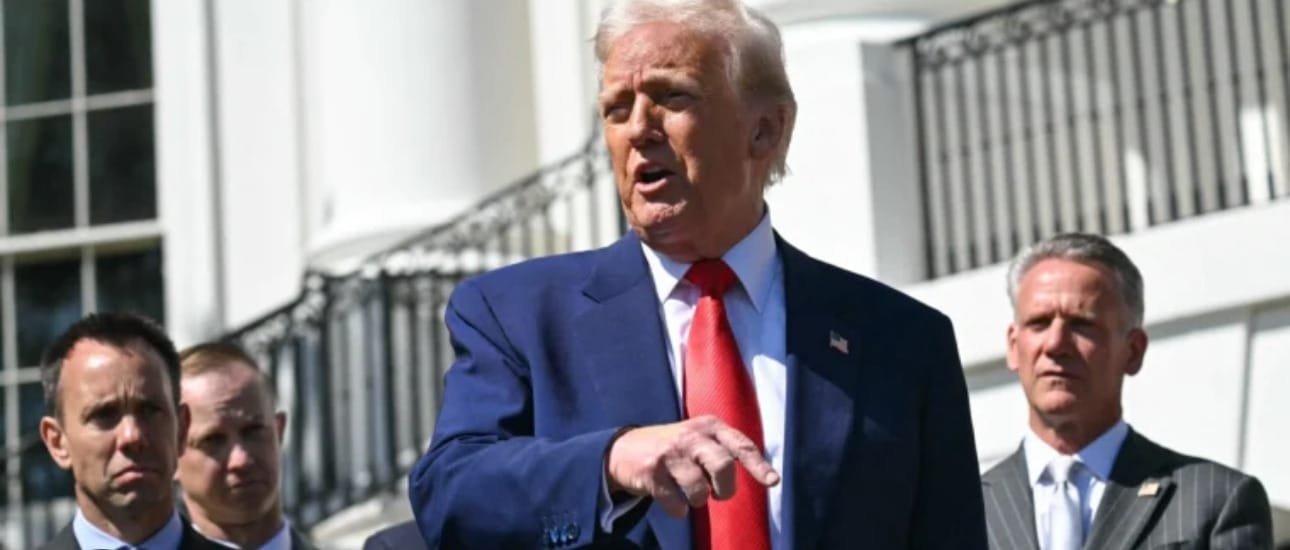What Does a US Senator Represent? Understanding Their Role in Government
The role of a U.S. Senator is more than just representing a state. It involves key duties in the legislative branch. What does a US senator represent? They help shape national policies, suggest laws, and discuss issues that impact their constituents and the nation.
As they deal with government matters in the Senate, each senator brings their state’s views. They also contribute to the federal government. They are important in keeping the balance of power in the federal system, checking other government branches.
Key Takeaways
- The U.S. Senate has 100 members, with terms lasting six years.
- Senators are elected directly by the people, following the Seventeenth Amendment of 1913.
- Each senator represents their state’s interests on a national platform.
- The Senate has the power to approve treaties and confirm presidential appointments.
- Filibusters and cloture votes are significant tools used in Senate proceedings.
- Senators conduct oversight through investigations and impeachment trials.
- The Senate was designed to balance the more populous House of Representatives.
The Role of U.S. Senators in the Legislative Branch
The U.S. Senate is key in the government’s legislative branch. It ensures every state has an equal voice. This makes its decisions very important for the country.
Composition and Structure of the Senate
The Senate has 100 members, with two from each of the 50 states. This setup means all states have an equal say. Senators bring different views to the table, which is crucial for making decisions.
Term Length and Election Process
Senators have six-year terms, with one-third up for election every two years. This gives them more time to focus on their work. To be a senator, you must be at least 30, a U.S. citizen for nine years, and live in the state you represent.
The 17th Amendment changed how senators are elected. Now, people directly choose them, making the Senate more in tune with the people’s will.
What Does a US Senator Represent? Understanding Their Role in Government
U.S. senators are key in the Senate, fighting for their states’ interests. They make sure local needs are heard in federal policies. Each senator must balance their state’s needs with national goals.
They often face tough challenges to get support for projects that help their people. This includes money for jobs, social programs, and better roads.
The Responsibility of Representing State Interests
One main job of a U.S. senator is to speak up for their state. They listen to their people and use that feedback to guide their work. This helps them make sure policies reflect what their state wants.
Being close to their constituents is crucial. It helps them understand and represent their state’s diverse views.
Equal Representation Across States
The Senate’s structure means each state has two senators, no matter its size. This setup brings different views together, giving smaller states a strong voice. It makes the Senate more diverse and effective.
This balance is key to the Senate’s success. It keeps the legislative process stable and fair for all.
Key Responsibilities of a U.S. Senator
U.S. senators have many important duties. They balance what their constituents want with what’s best for the country. Key tasks include making laws, managing the federal budget, and approving big decisions by the president.
Proposing and Drafting Legislation
One main job of a senator is to make laws. They help shape laws on big topics like education, healthcare, and safety. Senators listen to their people and work on laws that help everyone.
Oversight of the Federal Budget and Executive Branch
Senators also manage the country’s money. They make sure the budget is used wisely. They check on the government to prevent waste and corruption.
Approval of Presidential Appointees and Treaties
Senators also decide on big presidential choices. They approve important jobs and agreements. This gives them a big say in the country’s future.
Senatorial Duties in the Decision-Making Process
The Senate is key in the U.S. government, especially in making decisions. Senators have many roles that help shape laws and policies. They work on both domestic and foreign issues. The Senate’s decision-making process is complex, using various tools and duties to function well.
Filibusters and Cloture: Tools of the Senate
Filibusters are a unique part of the Senate. They let senators extend debate on bills, often to slow them down. This shows the Senate’s balance between minority rights and efficiency. Cloture, needed to stop a filibuster, requires 60 votes, making it hard to pass.
Conducting Impeachment Trials
Impeachment trials are a big duty of the Senate. They act like a jury when the House impeaches someone, like the President. Only 7 out of 16 impeached officials have been found guilty by the Senate. A two-thirds majority is needed for conviction, showing the Senate’s important role.
Investigative Powers of the Senate
Senators also have strong investigative powers. They can look into public concerns and check the executive branch. Through committees, they can call witnesses, examine evidence, and issue subpoenas. This helps keep the government transparent and accountable, highlighting the Senate’s role in policy-making.
| Aspect | Description |
|---|---|
| Filibuster | A tactic used to extend debate and delay legislation. |
| Cloture Requirement | 60 votes required to end a filibuster. |
| Impeachment Convictions | 7 out of 16 impeached federal officials have been convicted by the Senate. |
| Total Federal Officials Impeached | 16 federally impeached officials by the House. |
| Senatorial Investigative Role | Ability to conduct inquiries, call witnesses, and issue subpoenas. |
Conclusion
U.S. Senators are key players in government. They represent their states and help make national decisions. Their job includes proposing laws, managing the budget, and leading impeachment trials.
This shows how important the Senate is. It helps shape the country’s policies and meets the needs of its people.
The Senate started in 1789 and is a core part of American democracy. Each of the 100 senators must represent their people and protect democracy. They also negotiate treaties and approve presidential choices.
This highlights the Senate’s role in balancing power in the government.
Citizens should get involved in democracy. They can vote, contact their senators, or join local efforts. This connection between people and their leaders is crucial for a government that truly represents the public.
FAQ
What does a U.S. Senator represent?
A U.S. Senator looks out for their state’s interests at the federal level. They work to pass laws that help their people and deal with big national issues.
What are the primary responsibilities of a U.S. Senator?
Senators have key jobs. They write and suggest laws, manage the federal budget, and check who the president picks for important jobs. They also do investigations.
How does the election process for U.S. Senators work?
Senators are elected for six years. Every two years, about one-third of the Senate is up for election. This way, the Senate stays steady and consistent.
What is the significance of equal representation in the Senate?
Equal representation means each state has a say in the Senate. It brings different views and ideas to national decisions.
What tools do Senators use in the legislative process?
Senators use the filibuster and cloture to control debates. They also make strategic choices to shape the outcome of bills.
What is the role of the Senate in impeachment trials?
The Senate tries impeachment cases. They act as both the jury and judge. This lets them hold federal officials accountable.
How do Senators engage with their constituents?
Senators talk to their people, listen to their concerns, and fight for local issues. This strengthens the connection between citizens and government.
What role do U.S. Senators play in foreign policy?
Senators shape U.S. foreign policy. They decide on treaties, which affects how the country interacts with the world.
Source Links
- U.S. Senate: Powers and Procedures – https://www.senate.gov/about/powers-procedures.htm
- The Idea of the Senate – https://www.senate.gov/history/IdeaoftheSenate.htm
- The Legislative Branch – https://obamawhitehouse.archives.gov/1600/legislative-branch
- United States Senate – https://en.wikipedia.org/wiki/United_States_Senate
- Balance of Power in the U.S. House and Senate – Bloomberg Government – https://about.bgov.com/insights/congress/balance-of-power-in-the-u-s-house-and-senate/
- PDF – https://www.congressfoundation.org/storage/documents/CMF_Pubs/cmf-member-job-description.pdf
- The Legislative Branch Handout – https://www.uscis.gov/sites/default/files/document/lesson-plans/Intermediate_Legislative_Branch_handouts.pdf
- Before You Vote for a Senator, Find Out What They Actually Do – https://www.pbssocal.org/news-community/before-you-vote-for-a-senator-find-out-what-they-actually-do
- What does a senator do? – https://www.careerexplorer.com/careers/senator/
- About the Senate and the Constitution – https://www.senate.gov/about/origins-foundations/senate-and-constitution.htm
- United States Senate | Definition, History, & Facts | Britannica – https://www.britannica.com/topic/Senate-United-States-government
- PDF – https://sgp.fas.org/crs/misc/RL33686.pdf



